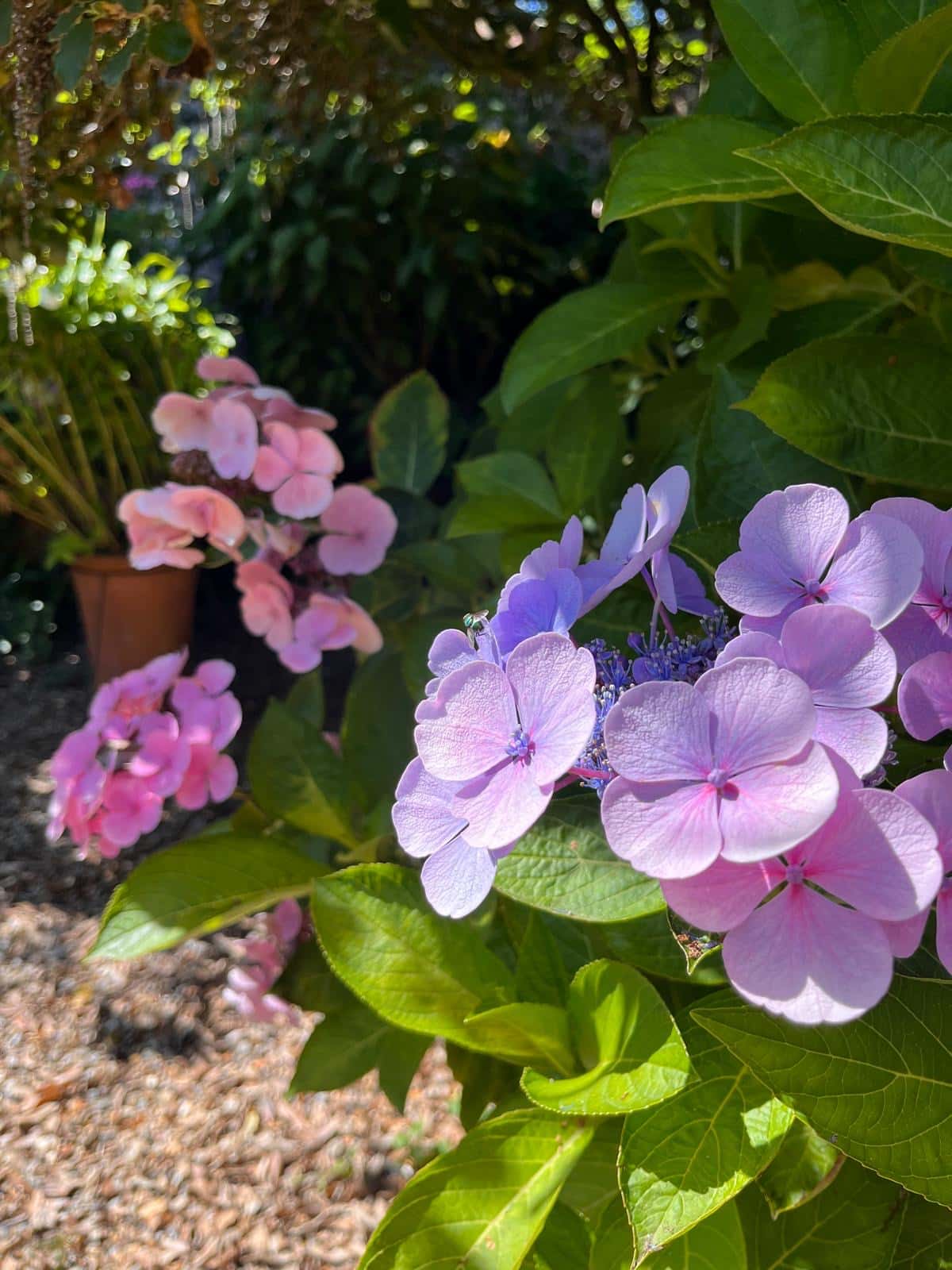
How can you help Wildlife & the ecosytem this spring?
When Spring arrives, our home gardens begin to come alive again as the bleak months of winter end, temperatures rise and the hours of daylight
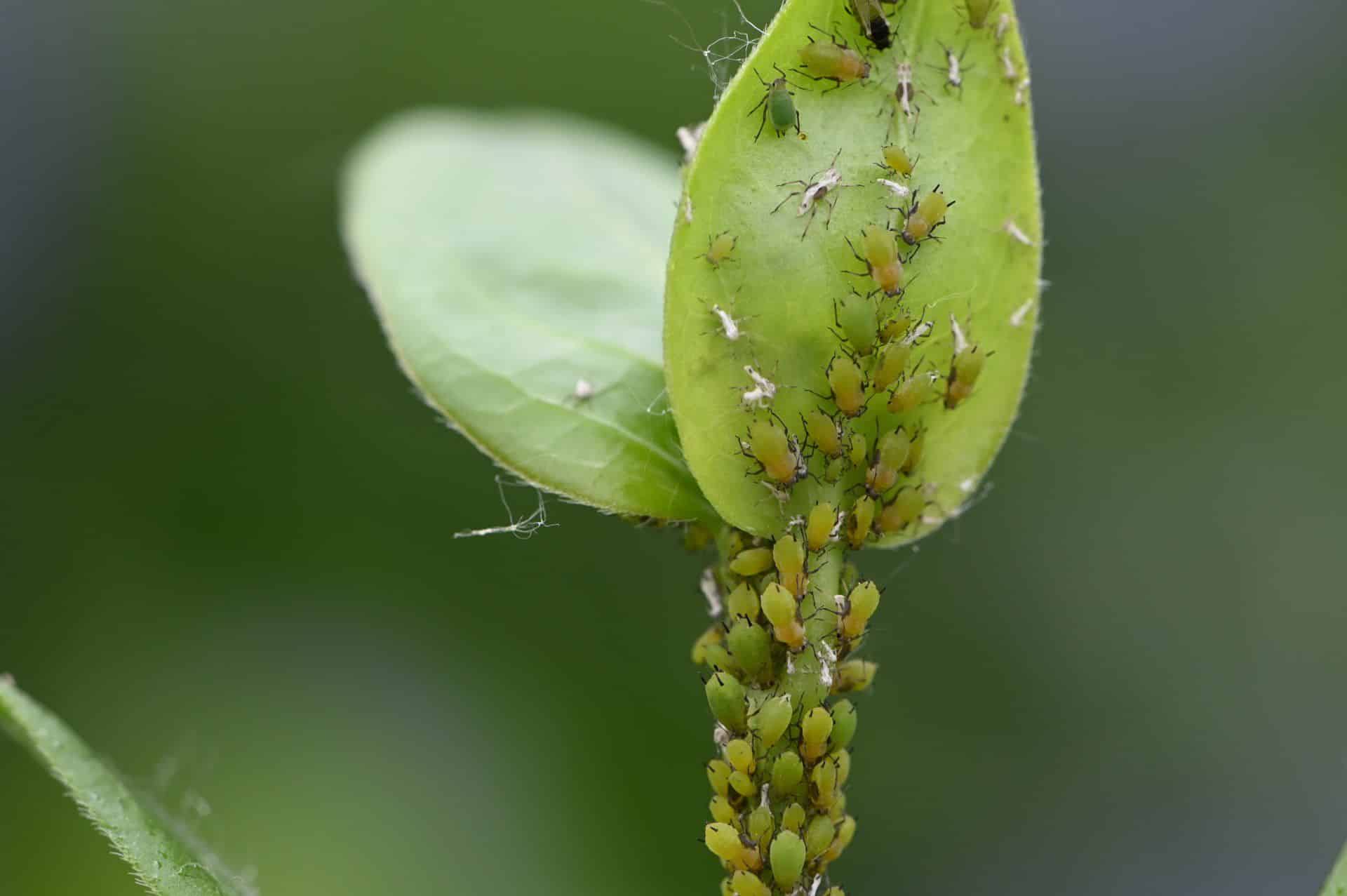
To many gardeners and growers, the first appearance of aphids (greenfly and blackfly) on their garden plants and vegetables, signals the time to start protecting those plants from a potentially escalating and plant-damaging infestation.
And invariably, some gardeners reach for a bottle of proprietary bug-killing insecticide and try to eradicate the aphids.
It might seem a bit odd though but killing the aphids when they first appear on a plant with an insecticide is really not the best thing to do for the health and wellbeing of a garden, particularly one which aims to help wildlife species that are steadily declining within home gardens such as the songbirds, hedgehogs and pollinators.
Not only are the chemical insecticides toxic to the aphids, but they’re usually broad-spectrum bug-killers that can also kill a wide range of beneficial creatures. This includes the invertebrates that predate and parasitise aphids (the natural enemies), and also the pollinating insects that visit the plants such as bees, bumblebees, butterflies and hoverflies.
Unfortunately, it’s not always clear which are the broad-spectrum bug-killing products that harm the beneficial species, since this negative aspect of them would unlikely be mentioned on their labels. So for wildlife-friendly gardening, it’ll always be the best option to use a non-toxic product that deters and repels plant pests rather than one that kills them. These environmentally safer products will always display ‘non-toxic’ and ‘environmentally friendly’ on their labels and are becoming more-readily available from retailers.
The other important thing to realise, is that when aphids first appear in a garden during Spring, they’re a vital foundation stage of the natural food chains that have to develop within a garden, the food chains that sustain a rich and healthy biodiversity.
This is because aphids are in the group of creatures that are called the ‘Primary Consumers’ which are the herbivores and omnivores that feed on the plants (the ‘Producers’) that are at the bottom of the food chain.
Species that are further up the food chain will then feed on the Primary Consumers and will have coordinated their life cycles around the appearance and availability of the ‘Primary Consumers’ which will be their vital food source.
This means that when aphids first start to colonise the garden plants, the ladybirds, hoverflies, lacewings and parasitic wasps will all be attracted to the infestation to feed and lay their own eggs, which will then increase their numbers to a point where the aphids are naturally under control.
By killing the aphids with a pesticide, not only will the beneficial creatures already on the plant be killed, but there will be no food source for attracting any more of them.
This in turn will deprive creatures who are even further up the food chain from finding their food, such as spiders and insectivorous birds.
So, for the establishment of a wildlife-friendly garden and the essential food chains that need to exist within it, the aphids are indeed very important, and should either be left alone, or managed in a safe and non-toxic manner, which could even include reducing their numbers with a fine spray of water from a garden hose. A method that would not harm the beneficial creatures.

When Spring arrives, our home gardens begin to come alive again as the bleak months of winter end, temperatures rise and the hours of daylight
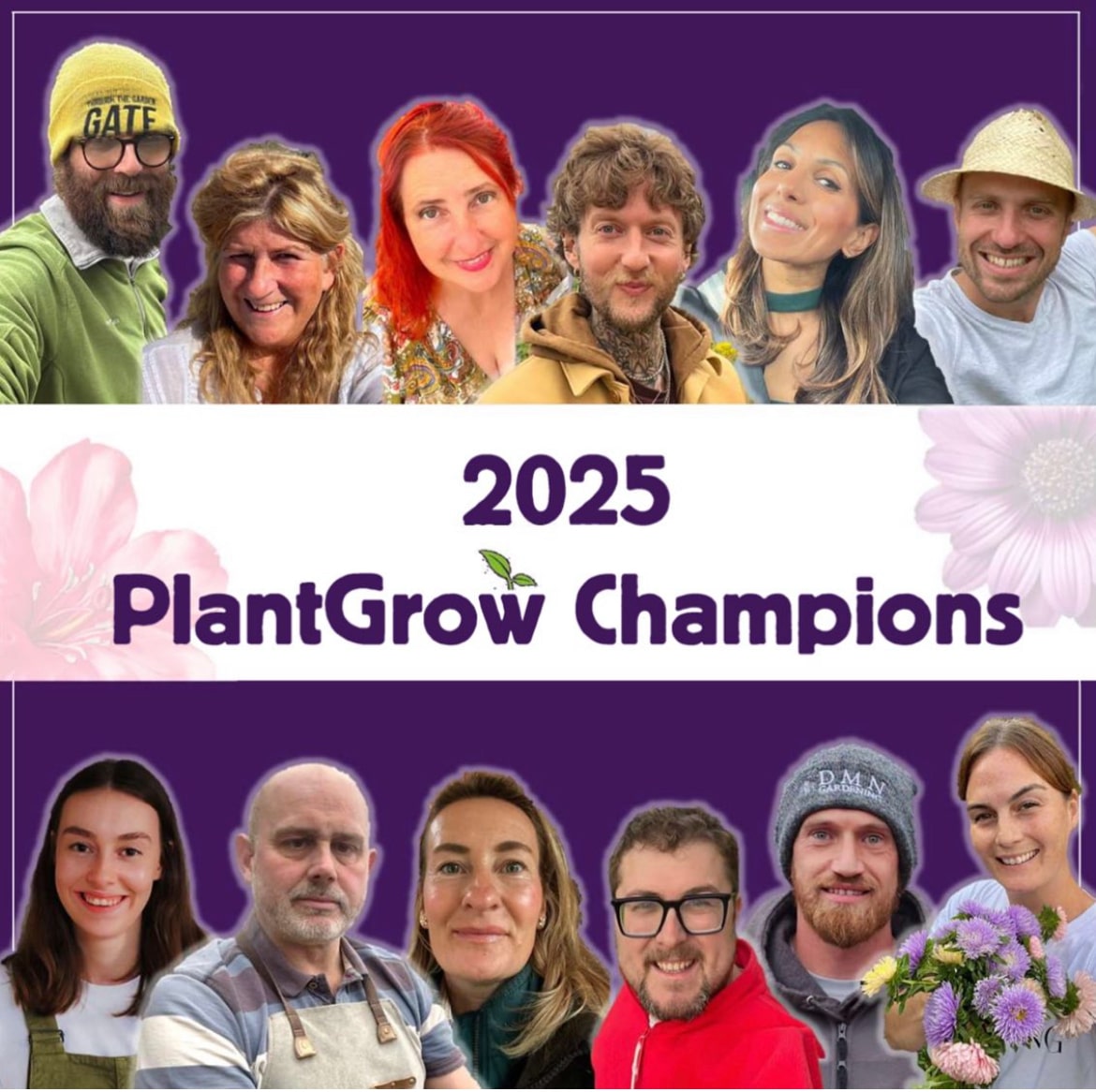
Our new Champions will be flying the flag for PlantGrow this year and all things natural. We have selected a varied group of individuals from
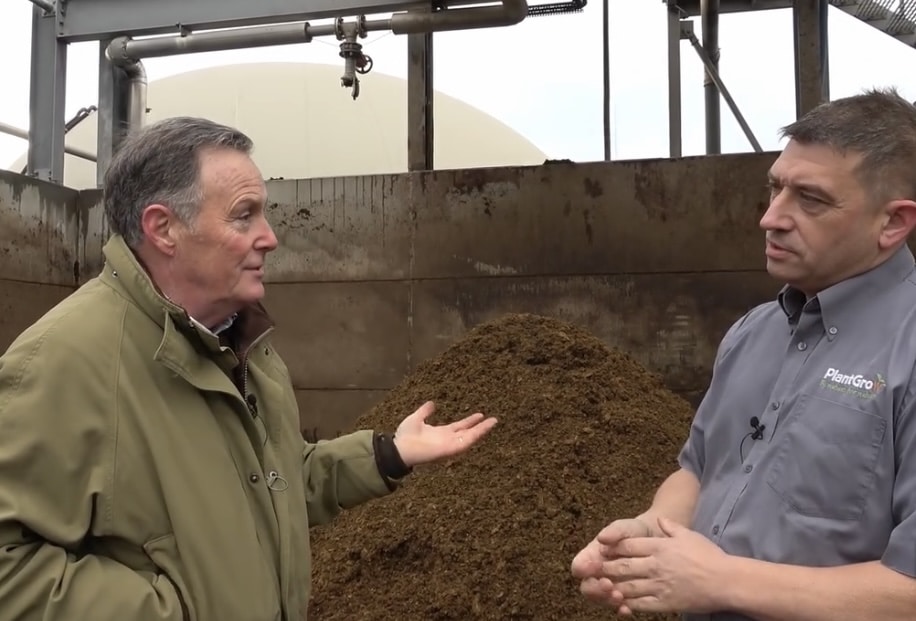
2025 is promising to be a busy year once again for us at PlantGrow with new brand ambassadors and a new list of ‘Champions’ who
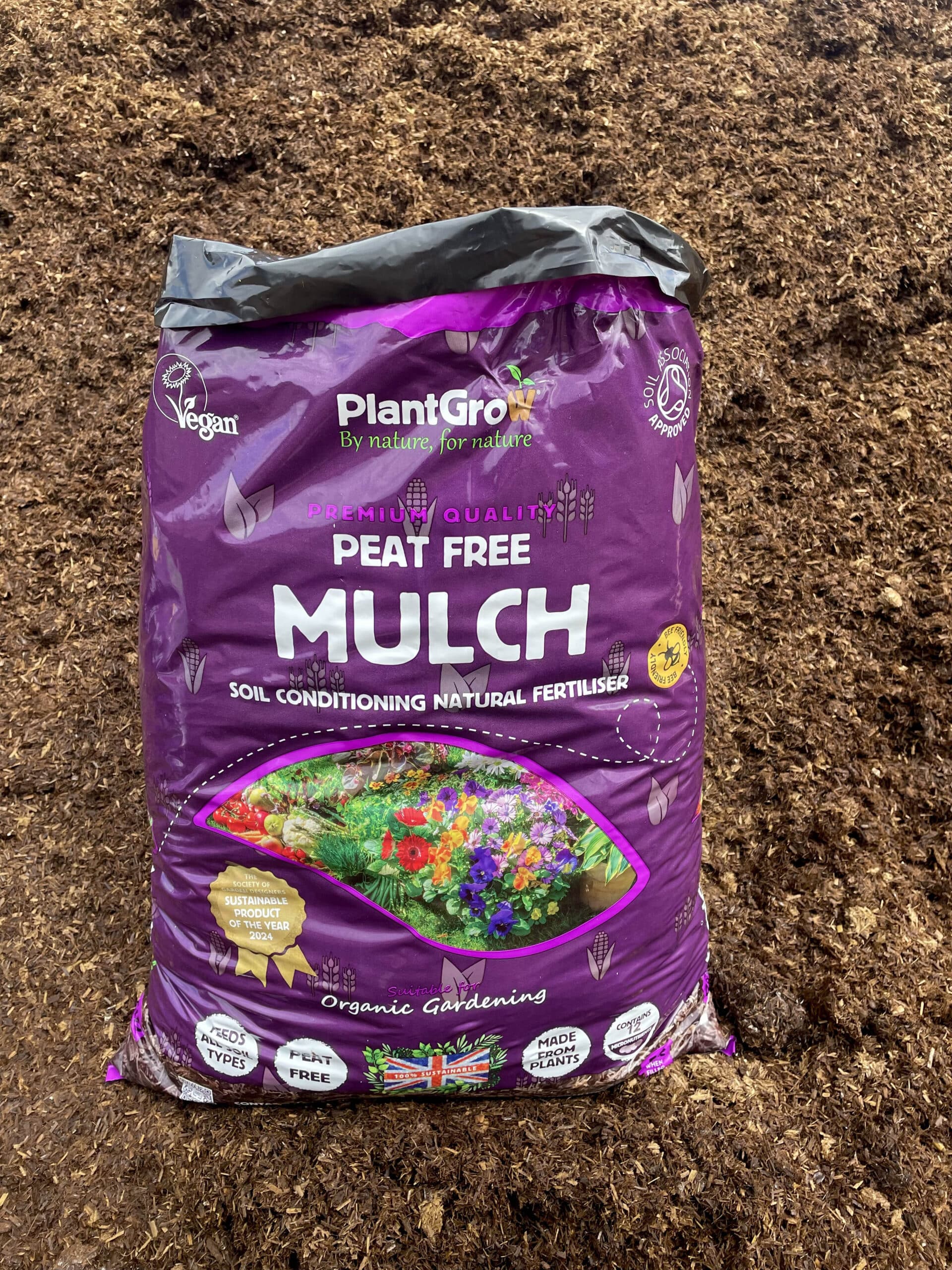
November 2024 Award-winning & market leading PlantGrow Organic Mulch will soon be available in 50-litre size bags for garden centres. Their signature natural fertiliser product
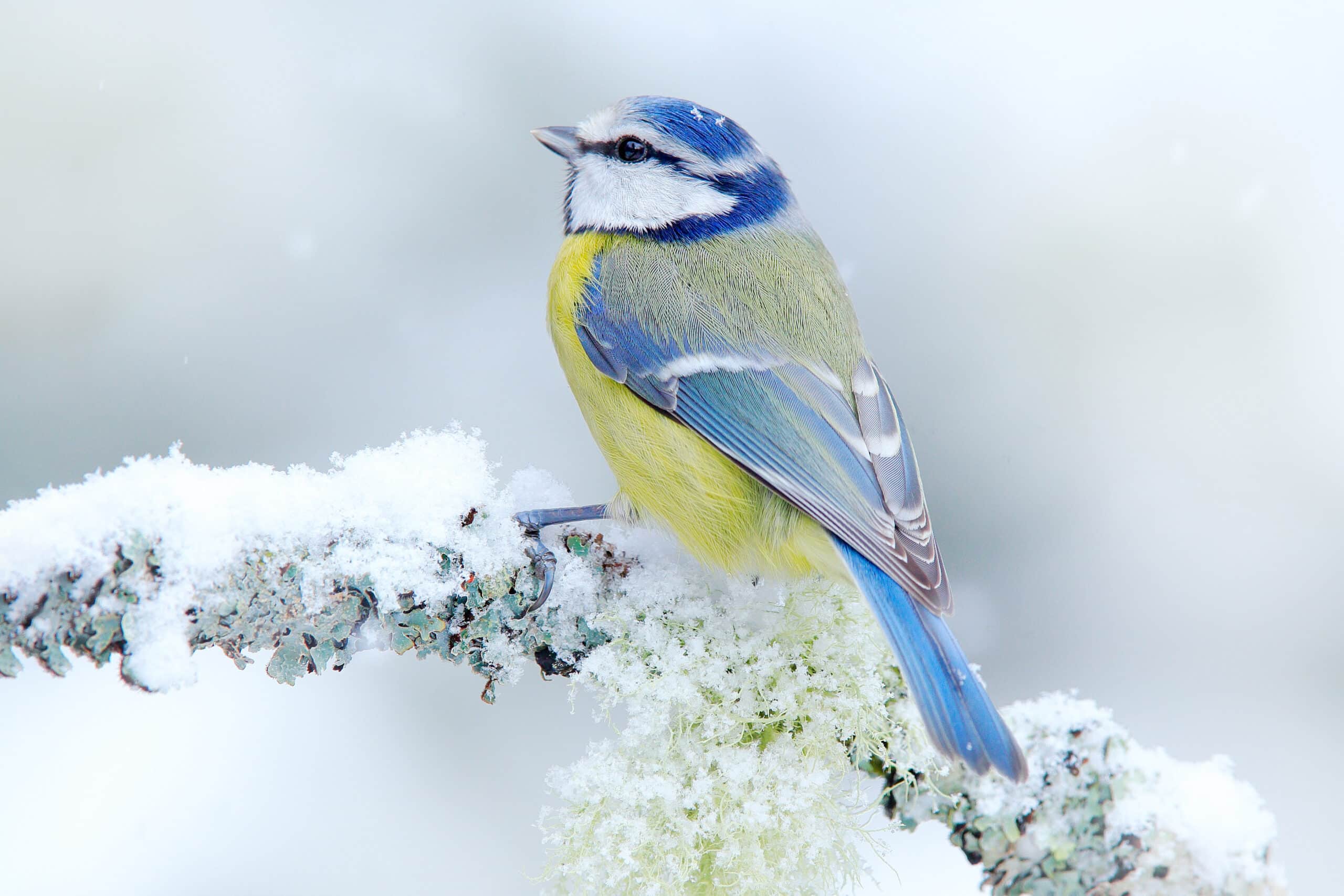
Late Autumn and the onset of Winter will trigger a notable change to the abundance, behaviour and physical state of life within our gardens. With
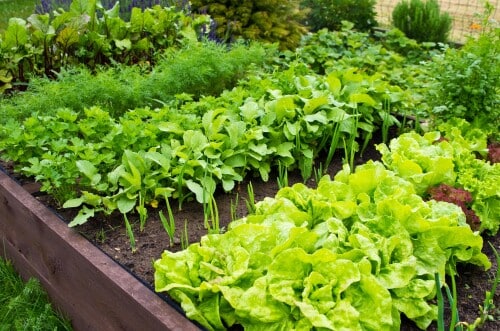
Why do you need to add PlantGrow mulch this Autumn? Mulching or topdressing is needed for a number of reasons as it is beneficial for
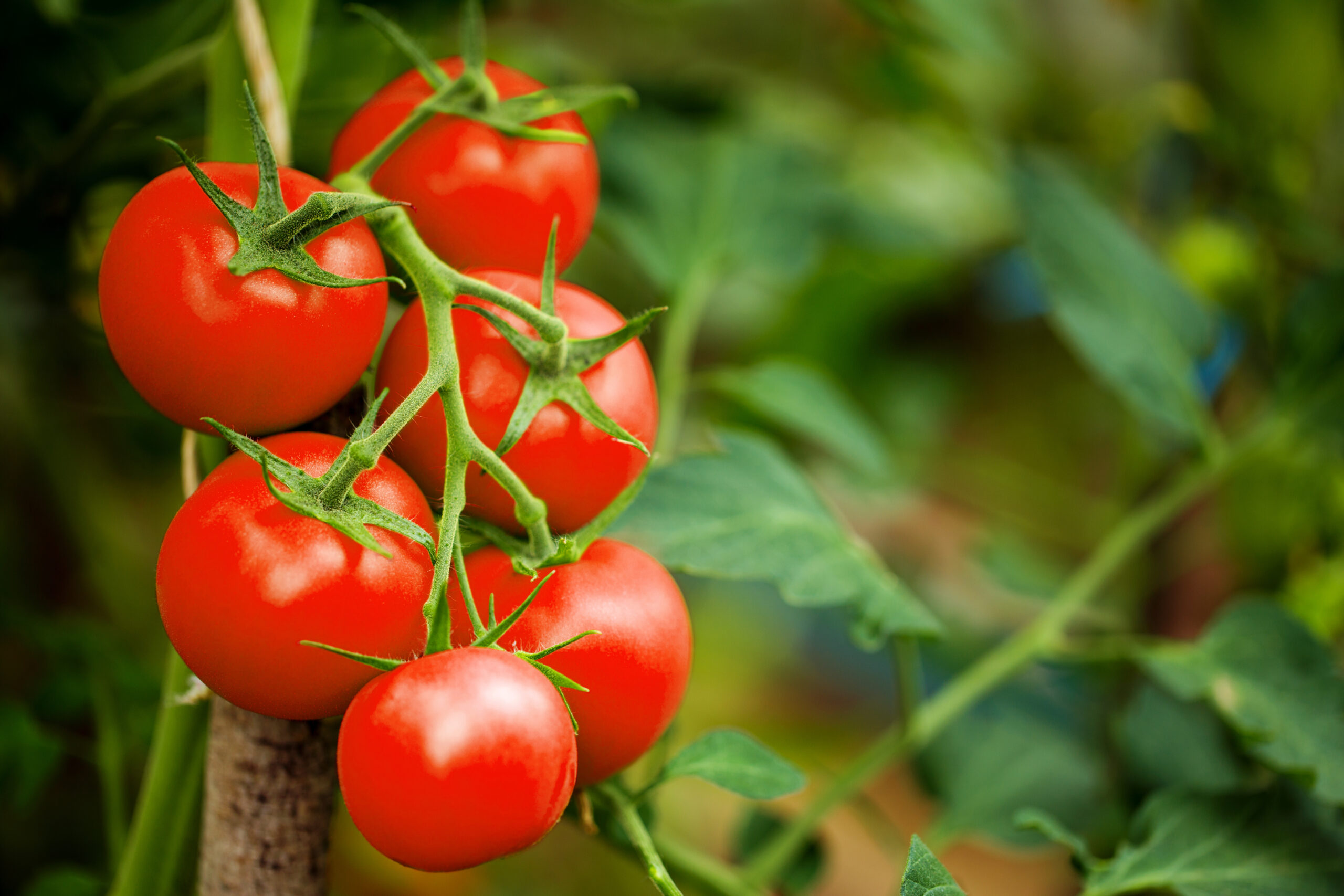
Q: Why should I use fertiliser on my fruits and vegetables? To help you get the most from your garden. Fertilisers supply your plants with

Meet our 2024 PlantGrow Champions PlantGrow Champions are a select group of Instagram growers who use PlantGrow in their gardens. Each one was individually chosen for
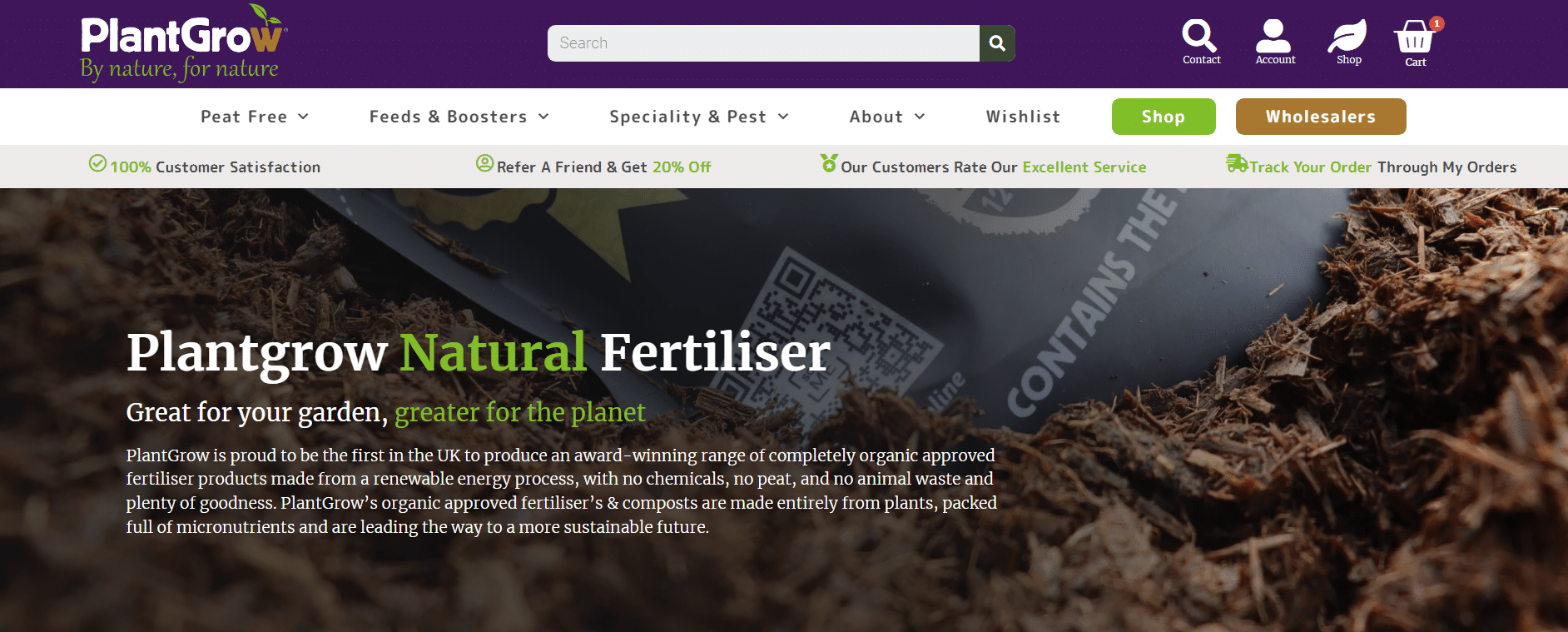
PlantGrow Launches All-New Website Back in 2016, nobody really knew about PlantGrow. Who’d have thought that in 2023 most gardeners in the UK would know
Find us: Cakes Hill Barn, Ellingham Road, Attleborough, Norfolk, NR17 1AE
| Cookie | Duration | Description |
|---|---|---|
| _savt | 3 years | This cookie is set by Square for payment processing. |
| cookielawinfo-checkbox-advertisement | 1 year | Set by the GDPR Cookie Consent plugin, this cookie is used to record the user consent for the cookies in the "Advertisement" category . |
| cookielawinfo-checkbox-analytics | 11 months | This cookie is set by GDPR Cookie Consent plugin. The cookie is used to store the user consent for the cookies in the category "Analytics". |
| cookielawinfo-checkbox-functional | 11 months | The cookie is set by GDPR cookie consent to record the user consent for the cookies in the category "Functional". |
| cookielawinfo-checkbox-necessary | 11 months | This cookie is set by GDPR Cookie Consent plugin. The cookies is used to store the user consent for the cookies in the category "Necessary". |
| cookielawinfo-checkbox-others | 11 months | This cookie is set by GDPR Cookie Consent plugin. The cookie is used to store the user consent for the cookies in the category "Other. |
| cookielawinfo-checkbox-performance | 11 months | This cookie is set by GDPR Cookie Consent plugin. The cookie is used to store the user consent for the cookies in the category "Performance". |
| CookieLawInfoConsent | 1 year | Records the default button state of the corresponding category & the status of CCPA. It works only in coordination with the primary cookie. |
| elementor | never | This cookie is used by the website's WordPress theme. It allows the website owner to implement or change the website's content in real-time. |
| viewed_cookie_policy | 11 months | The cookie is set by the GDPR Cookie Consent plugin and is used to store whether or not user has consented to the use of cookies. It does not store any personal data. |
| Cookie | Duration | Description |
|---|---|---|
| _GRECAPTCHA | Session | Spam prevention |
| _hjSession_* | 30 Minutes | A cookie that holds the current session data. This ensures that subsequent requests within the session window will be attributed to the same Hotjar session. |
| Woocommerce_cart_hash | 1 Day | To store items in cart |
| Woocommerce_items_in_cart | Session | Store items in cart. |
| Wordpress_logged_in_ | Session | WordPress |
| Wordpress_sec_* | 15 Days | To provide protection against hackers, store account details. |
| Wp_woocommerce_session_* | Session | Store performed actions. |
| Cookie | Duration | Description |
|---|---|---|
| _hjAbsoluteSessionInProgress | 30 Minutes | Hotjar sets this cookie to detect the first pageview session of a user. This is a True/False flag set by the cookie. |
| _hjAbsoluteSessionInProgress | 30 Minutes | Hotjar sets this cookie to detect the first pageview session of a user. This is a True/False flag set by the cookie. |
| _hjSessionUser_* | 1 Year | Hotjar cookie that is set when a user first lands on a page with the Hotjar script. It is used to persist the Hotjar User ID, unique to that site on the browser. This ensures that behavior in subsequent visits to the same site will be attributed to the same user ID |
| CONSENT | 2 years | YouTube sets this cookie via embedded youtube-videos and registers anonymous statistical data. |
| Cookie | Duration | Description |
|---|---|---|
| VISITOR_INFO1_LIVE | 5 months 27 days | A cookie set by YouTube to measure bandwidth that determines whether the user gets the new or old player interface. |
| YSC | session | YSC cookie is set by Youtube and is used to track the views of embedded videos on Youtube pages. |
| yt-remote-connected-devices | never | YouTube sets this cookie to store the video preferences of the user using embedded YouTube video. |
| yt-remote-device-id | never | YouTube sets this cookie to store the video preferences of the user using embedded YouTube video. |
| Cookie | Duration | Description |
|---|---|---|
| cookielawinfo-checkbox-tracking | 1 year | No description |
Parcel deliveries
We aim to deliver all parcels within 2-4 working days from dispatch, order before 12:00pm for same day dispatch.
Pallet deliveries
We aim to deliver all pallets within 2-5 working days from dispatch, order before 12:00pm for same day dispatch.
If you require further information regarding your delivery, please email daniel@plantgrow.co.uk
